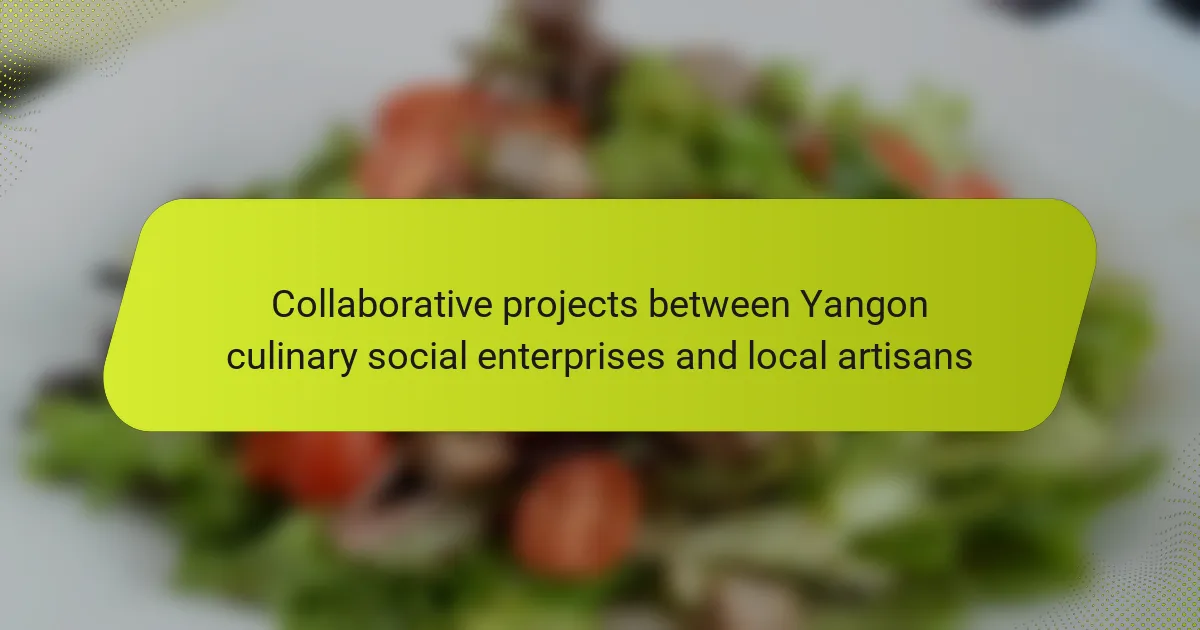Collaborative projects in Yangon focus on partnerships between culinary social enterprises and local artisans, aiming to create unique food products that reflect local culture. These projects leverage traditional crafts and locally sourced ingredients, enhancing the visibility and economic viability of both artisans and culinary enterprises. Key initiatives include the production of handmade pottery and specialty […]
Welcome to Yangon Bakehouse
At Yangon Bakehouse, we invite you to embark on a delightful culinary journey that celebrates the rich flavors of Myanmar. As a pioneering social enterprise, we are dedicated to not only tantalizing your taste buds but also empowering our community through sustainable practices and skill development. Here, every bite tells a story, and every experience helps build a brighter future for local women.
Our passion for baking and commitment to social impact unite in an inviting space where fresh-baked goods and authentic dishes are crafted with love. Whether you're craving traditional treats or modern twists on classic recipes, our menu offers something for everyone. As you explore our site, you'll discover not just food, but the heart and soul of Yangon.
What You Can Explore
- Our Artisan Baked Goods
- Community Empowerment Initiatives
- Upcoming Workshops and Events
- Testimonials from Our Patrons
- Ways to Get Involved and Support
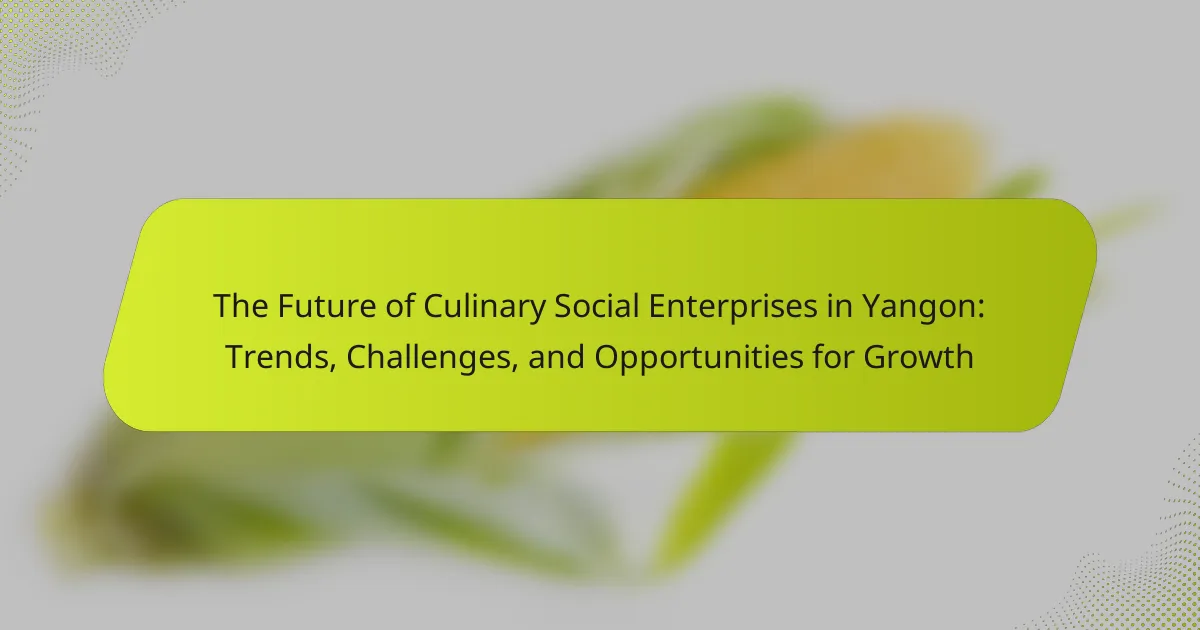
The Future of Culinary Social Enterprises in Yangon: Trends, Challenges, and Opportunities for Growth
Culinary social enterprises in Yangon are organizations that integrate food-related initiatives with social impact, addressing community issues while promoting sustainable practices. These enterprises focus on providing job training and employment opportunities for marginalized groups, emphasizing cultural preservation through local cuisine. The article explores the future of these enterprises, highlighting current trends, challenges, and opportunities for […]
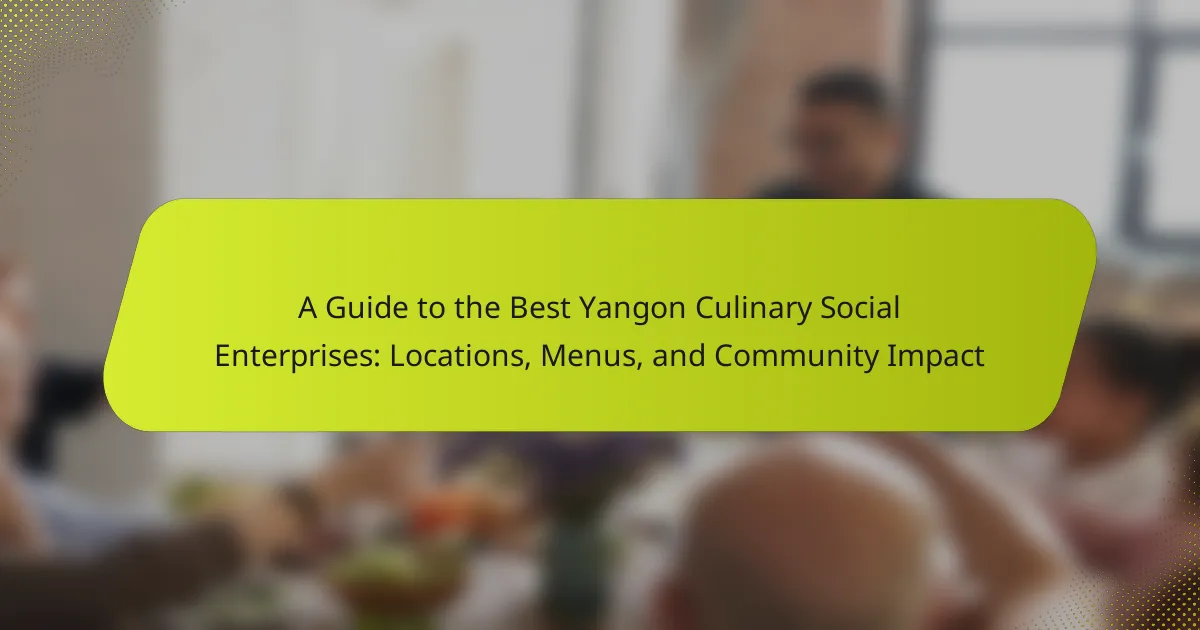
A Guide to the Best Yangon Culinary Social Enterprises: Locations, Menus, and Community Impact
Yangon Culinary Social Enterprises are businesses that focus on food while driving social change, primarily by supporting local communities through sustainable practices. These enterprises, including well-known establishments like The Yangon Bakehouse and Mandalay Coffee, provide job training and employment opportunities for marginalized groups, contributing to economic growth and community welfare. The article explores various locations […]
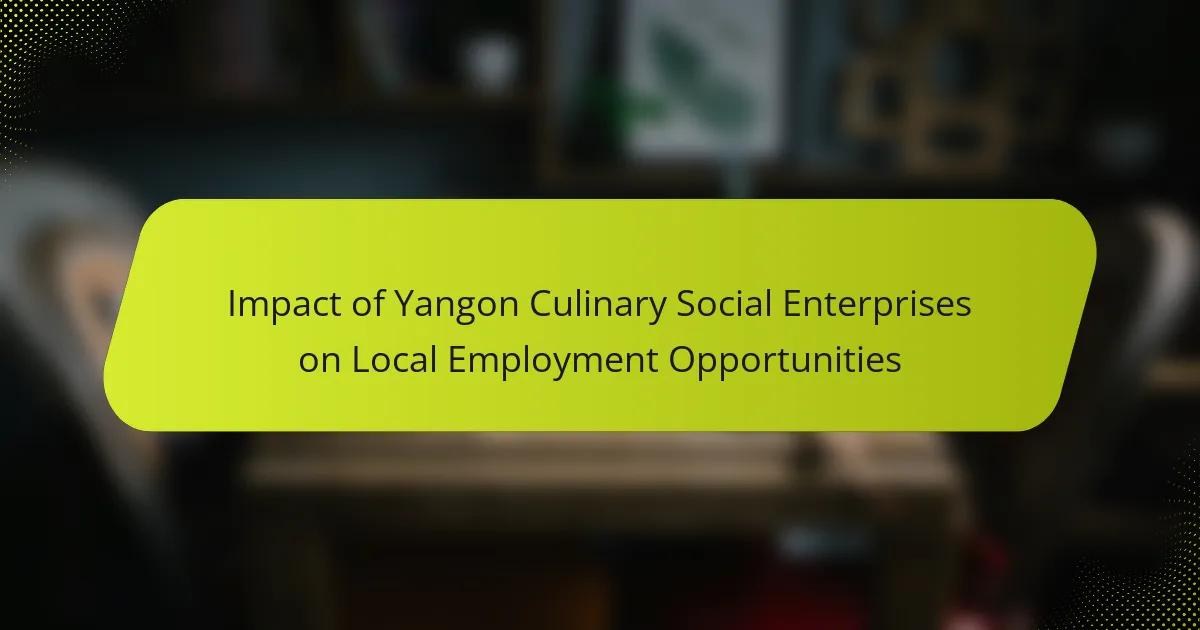
Impact of Yangon Culinary Social Enterprises on Local Employment Opportunities
Yangon Culinary Social Enterprises are organizations that integrate food services with social objectives, primarily targeting local issues such as poverty and unemployment. These enterprises focus on creating job opportunities and providing training for marginalized groups while promoting sustainable practices and community engagement. The article highlights their significant impact on local employment, noting the creation of […]
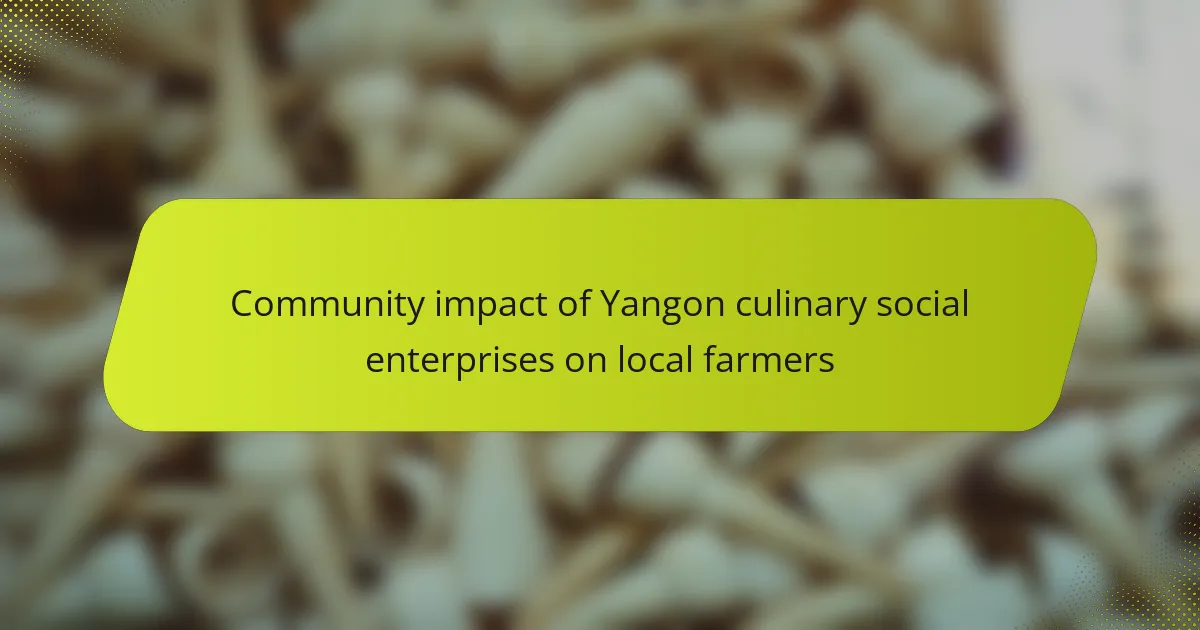
Community impact of Yangon culinary social enterprises on local farmers
Yangon culinary social enterprises play a significant role in supporting local farmers by creating stable markets for their agricultural products. These enterprises focus on sourcing ingredients directly from farmers, ensuring they receive fair prices, which contributes to income stability. Furthermore, these organizations advocate for sustainable farming practices by educating farmers on organic methods and environmentally […]

Artisanal Honey from Myanmar: Flavor Profiles, Health Benefits, and Culinary Uses
Artisanal honey from Myanmar is a high-quality product made by local beekeepers using traditional methods, primarily sourced from wildflower nectar. This honey is characterized by its unique flavor profiles, rich in beneficial enzymes and antioxidants, enhancing its health benefits. Harvested in small batches, it retains its natural characteristics, reflecting Myanmar’s diverse flora and cultural heritage. […]
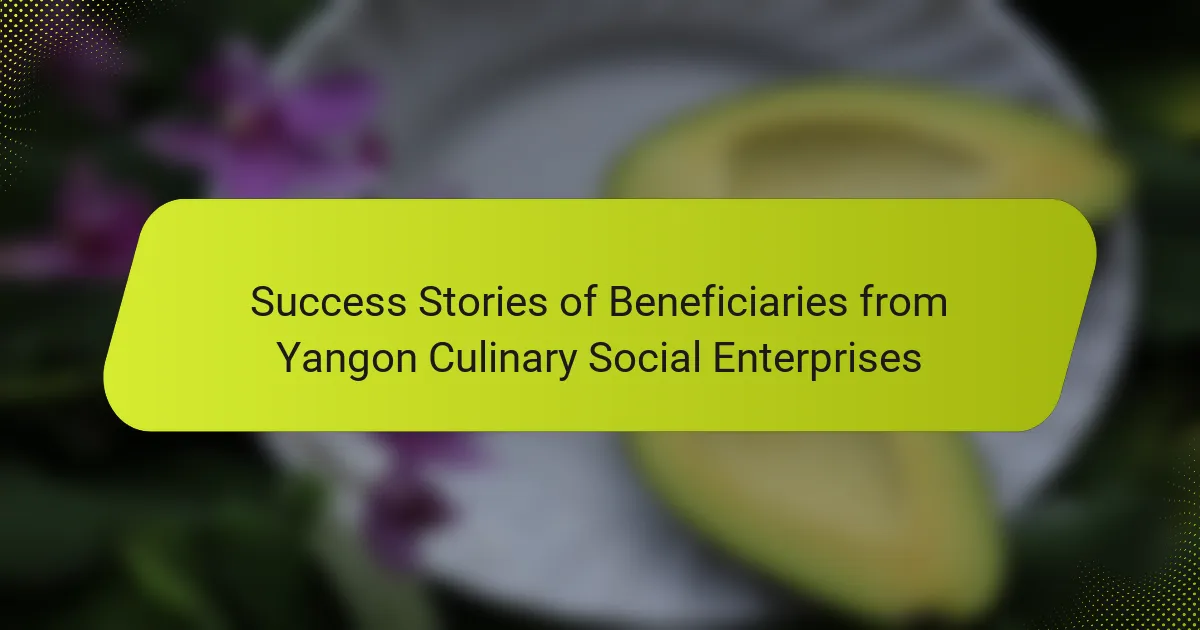
Success Stories of Beneficiaries from Yangon Culinary Social Enterprises
The article focuses on the success stories of beneficiaries from Yangon culinary social enterprises, highlighting the transformative impact these initiatives have on individuals and communities. It showcases various beneficiaries, including a young woman who became a chef and a group of marginalized individuals who launched a catering business. The article emphasizes the training and resources […]

Yangon Culinary Social Enterprises: Exploring Their Unique Dishes and Cultural Significance
Yangon Culinary Social Enterprises are organizations dedicated to food-related initiatives that also address social issues, focusing on creating a positive social impact through culinary activities. These enterprises empower marginalized communities by providing training and employment opportunities, while promoting local cuisine and cultural heritage. By sourcing ingredients from local farmers and reinvesting profits into community projects, […]
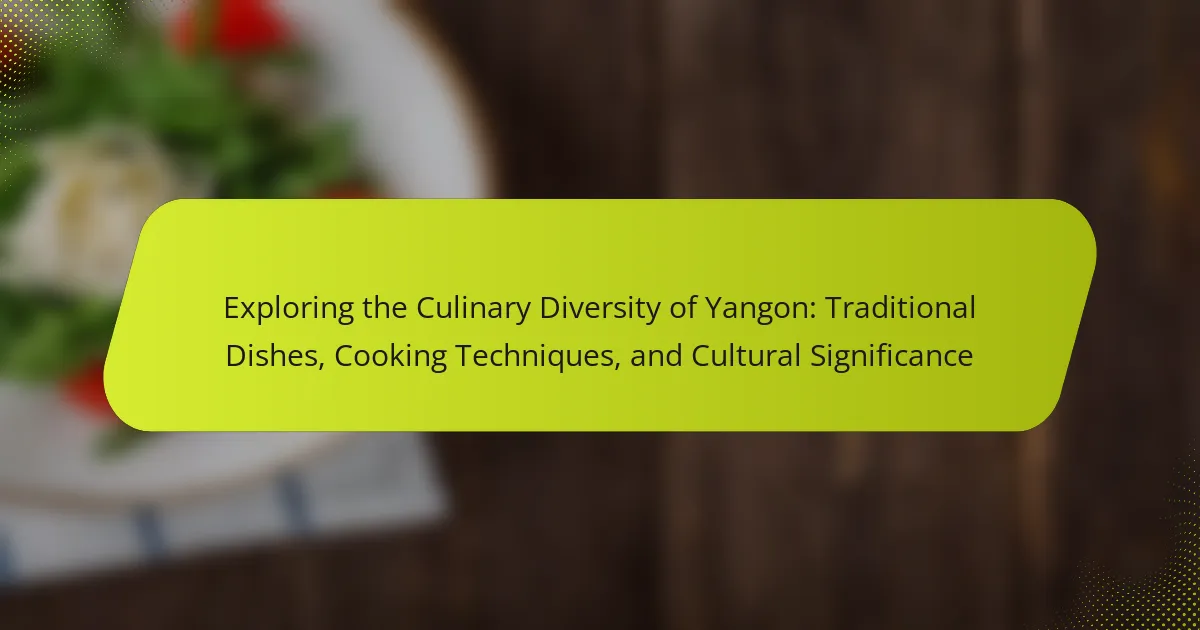
Exploring the Culinary Diversity of Yangon: Traditional Dishes, Cooking Techniques, and Cultural Significance
The culinary diversity of Yangon, Myanmar, showcases a rich blend of traditional Burmese cuisine and influences from Chinese, Indian, and Thai cooking. Key dishes include Mohinga, the national dish, and Shan noodles, which highlight regional flavors. Cooking techniques such as steaming, frying, and grilling are prevalent, emphasizing the use of fresh ingredients and herbs. Food […]
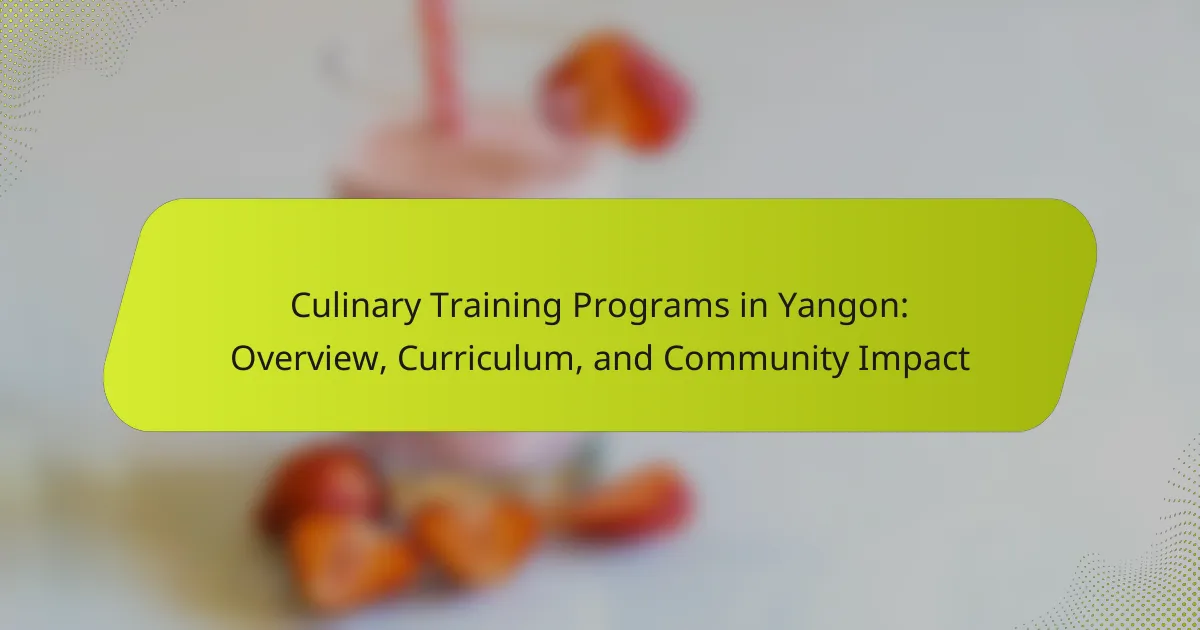
Culinary Training Programs in Yangon: Overview, Curriculum, and Community Impact
Culinary Training Programs in Yangon are structured educational initiatives aimed at developing cooking and food preparation skills for individuals at varying proficiency levels. These programs encompass essential culinary techniques, food safety education, and practical experience in both local and international cuisines. The curriculum includes hands-on training, menu planning, and an emphasis on traditional Burmese cooking […]
